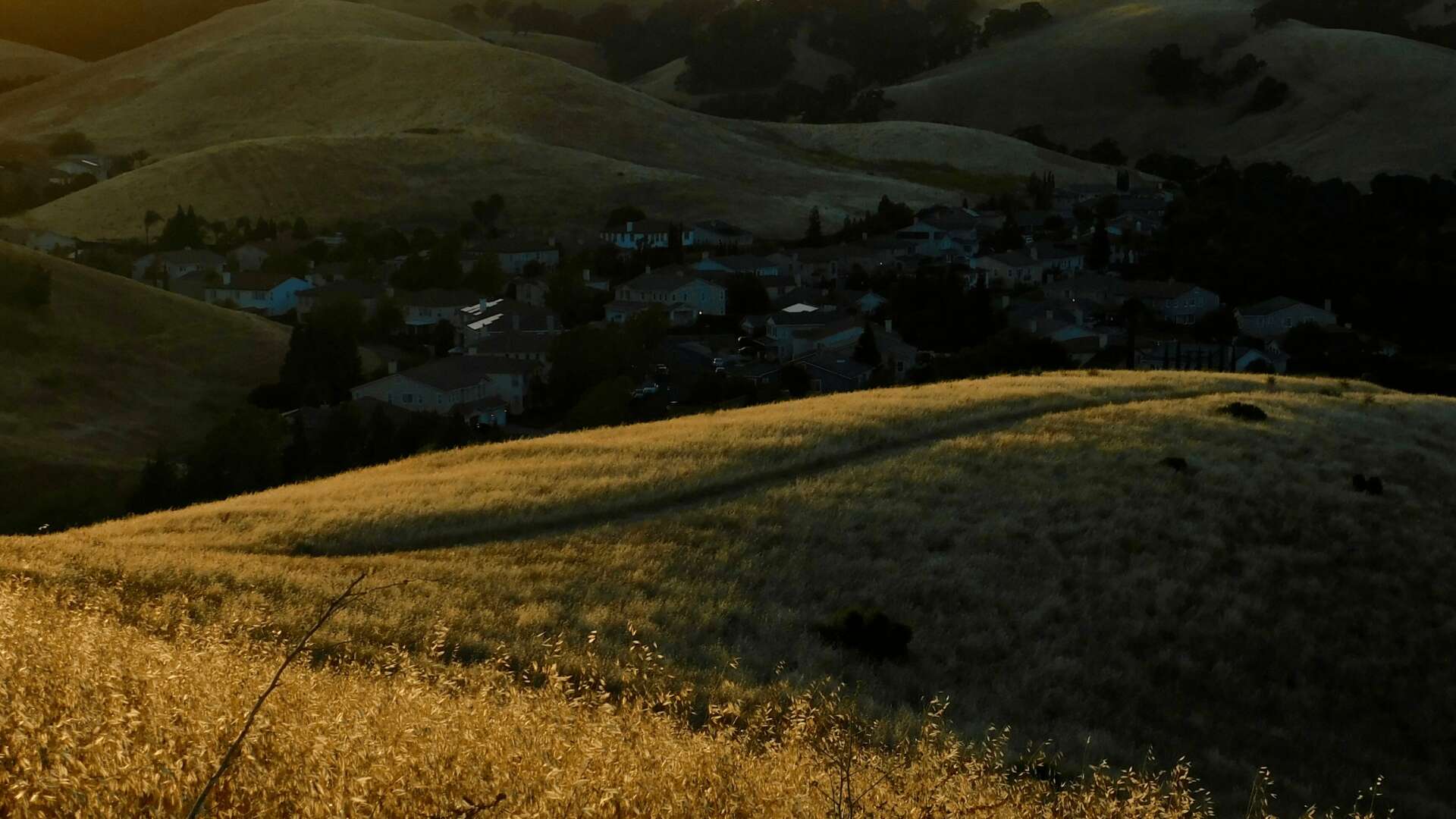We recently connected with Ezekiel Lazaroo and have shared our conversation below.
Alright, Ezekiel thanks for taking the time to share your stories and insights with us today. Are you happier as a creative? Do you sometimes think about what it would be like to just have a regular job? Can you talk to us about how you think through these emotions?
Andrei Tarkovsky once said, “Cinema is an unhappy art because it depends on money.” While I agree with this sentiment, I believe it is still possible to be creative and produce compelling films on a lower budget. Nonetheless, cinema can remain an unhappy art form because every artist is, in some way, striving to create something they deem ‘good.’ The challenge lies in defining what ‘good’ actually means. Many of us have experienced completing a project only to find ourselves dissatisfied with it the next day. This happens because our perfectionist minds struggle to accept a ‘final’ product, always seeing room for improvement. The journey to creating that ‘good’ film can be long and difficult, often leaving us feeling worse than before, leading us to question our own abilities and perpetuating a cycle of self-doubt. At times, I even imagine an alternate version of myself working a regular 9-to-5 job.

As always, we appreciate you sharing your insights and we’ve got a few more questions for you, but before we get to all of that can you take a minute to introduce yourself and give our readers some of your back background and context?
I’m a filmmaker, editor, and colorist. Unlike many who, for instance, start with a camera handed down from family, my journey into filmmaking began with a fascination for its profound impact. I realized early on that I wanted to leave a legacy, whether big or small, and film seemed to be a medium where one’s work endures even after they’re no longer around. Just look at the remarkable films made by directors like Andrei Tarkovsky, Edward Yang, Abbas Kiarostami, Andrzej Żuławski, and Chantal Akerman. Although they have left this world, their work continues to resonate with audiences today.
Legacy is one of my significant motivators. Over the past few years, I’ve dedicated myself to studying film, but I have yet to determine what cinema truly is at its essence. While renowned directors have offered their conclusions, I am still searching for my own understanding. This quest to uncover the essence of cinema is why I am committed to further pursuing filmmaking, hoping to arrive at my own conclusions someday.

What do you find most rewarding about being a creative?
I agree that being a filmmaker can sometimes be challenging and lead to moments of unhappiness, but one of the most rewarding aspects of being an artist is the opportunity for collaboration and the friendships you build with others throughout the process. The journey of creating a film is often a collective effort, where ideas are shared, refined, and brought to life together. This sense of camaraderie can make the arduous work worthwhile.
Moreover, the outcome of the film itself can be incredibly gratifying. There’s something profoundly fulfilling about sharing your work with an audience and seeing their reactions and interpretations unfold. The impact of a film can go beyond personal satisfaction; it can resonate with viewers, spark conversations, and even influence societal perspectives. If you’re fortunate, your film might have the power to make a meaningful impact, much like Joshua Oppenheimer’s The Act of Killing. This ability to provoke thought, inspire change, and contribute to the broader dialogue is often the ultimate goal that, I believe, many filmmakers strive to achieve with their work.

Is there mission driving your creative journey?
I can only say this one thing because every time I think about what I actually want to achieve in film, it always comes back to this: I want to share my culture, my memories, and my perspective on the world, particularly regarding the human condition. First and foremost, I am a Portuguese Eurasian, or simply, Kristang. My culture is considered one of the most critically endangered ethnic groups in the world. While several efforts have been made to ensure its survival, nothing substantial has been done in the realm of cinema. Therefore, one of my goals is to document the lives of my people, including our traditions, food, costumes, dances, and the stories and myths of our ancestors. Showcasing this in cinema will not only bring my culture to the forefront of the world but also highlight what makes it unique from all other films.
Contact Info:
- Website: https://ezekiellazaroo.wixsite.com/ezekiellazaroo
- Linkedin: https://linkedin.com/in/ezekiellazaroo

Image Credits
Juan Dominguez, Tianyi Luo


